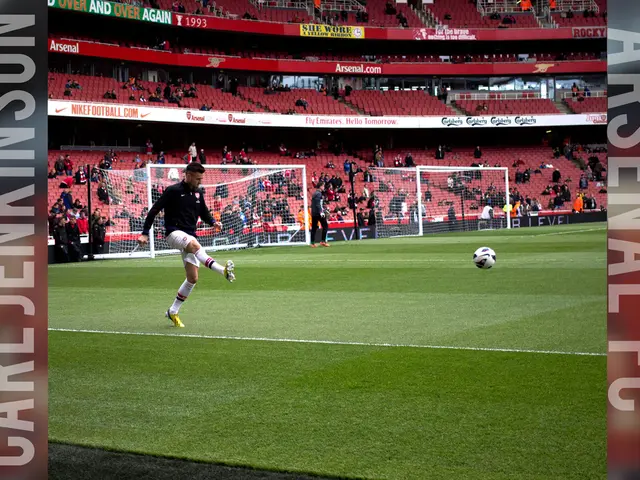Confidence Levels Affected by Stress, May Cause Disparities to Arise
In a groundbreaking study published in the journal Psychoneuroendocrinology, European scientists have uncovered how stress affects an individual's confidence in competing with others. The research, led by Carmen Sandi, Ph.D., principal investigator, could provide valuable insights into the complex relationship between stress, confidence, and socioeconomic inequality.
The study involved more than two hundred participants who took online tests to assess their IQ and trait anxiety. Trait anxiety describes how prone a person is to see the world as threatening and worrisome.
A week later, half of the participants underwent a standard psychological procedure designed to cause acute social stress. The other half served as the control group and did not undergo the stress-inducing procedure.
All participants were then given two options in a game where they could win money: either take their chances in a lottery or use their IQ score to compete with another participant's. Interestingly, people often interpret self-confidence as competence, as Sandi explained.
The effects of stress on the participants' confidence were reduced by the hormone cortisol. In people with low anxiety, higher cortisol response to stress was associated with higher competitive confidence. However, in highly anxious individuals, stress dropped their competitive confidence.
Intriguingly, in people with very low anxiety, stress actually increased their competitive confidence compared to their unstressed counterparts. This suggests that stress can raise or suppress an individual's competitive confidence, depending on their predisposition to anxiety.
In the non-stressed, control group, nearly 60 percent of participants chose the IQ score competition over the lottery. In the stressed group, the competitive confidence of participants varied depending on their trait anxiety scores.
European scientists Jan C. Kornadt and Anna C. Schlegel from Johannes Gutenberg University Mainz believe this study is the first to show how stress affects our degree of confidence. They argue that stress is an important engine of social evolution, affecting both the individual and society as a whole.
Moreover, they suggest that stress can become a major obstacle in overcoming socioeconomic inequality by trapping highly anxious individuals in a self-perpetuating loop of low competitive confidence. Studies have shown that in areas with wide socioeconomic inequality, people on the low end of the social ladder often experience high levels of stress.
In conclusion, this study provides a simulation of confidence in social competition and its relation to socioeconomic inequality. By understanding how stress affects our competitive confidence, we can potentially develop strategies to help individuals overcome the negative effects of stress and promote social mobility.
Read also:
- Peptide YY (PYY): Exploring its Role in Appetite Suppression, Intestinal Health, and Cognitive Links
- Toddler Health: Rotavirus Signs, Origins, and Potential Complications
- Digestive issues and heart discomfort: Root causes and associated health conditions
- House Infernos: Deadly Hazards Surpassing the Flames






